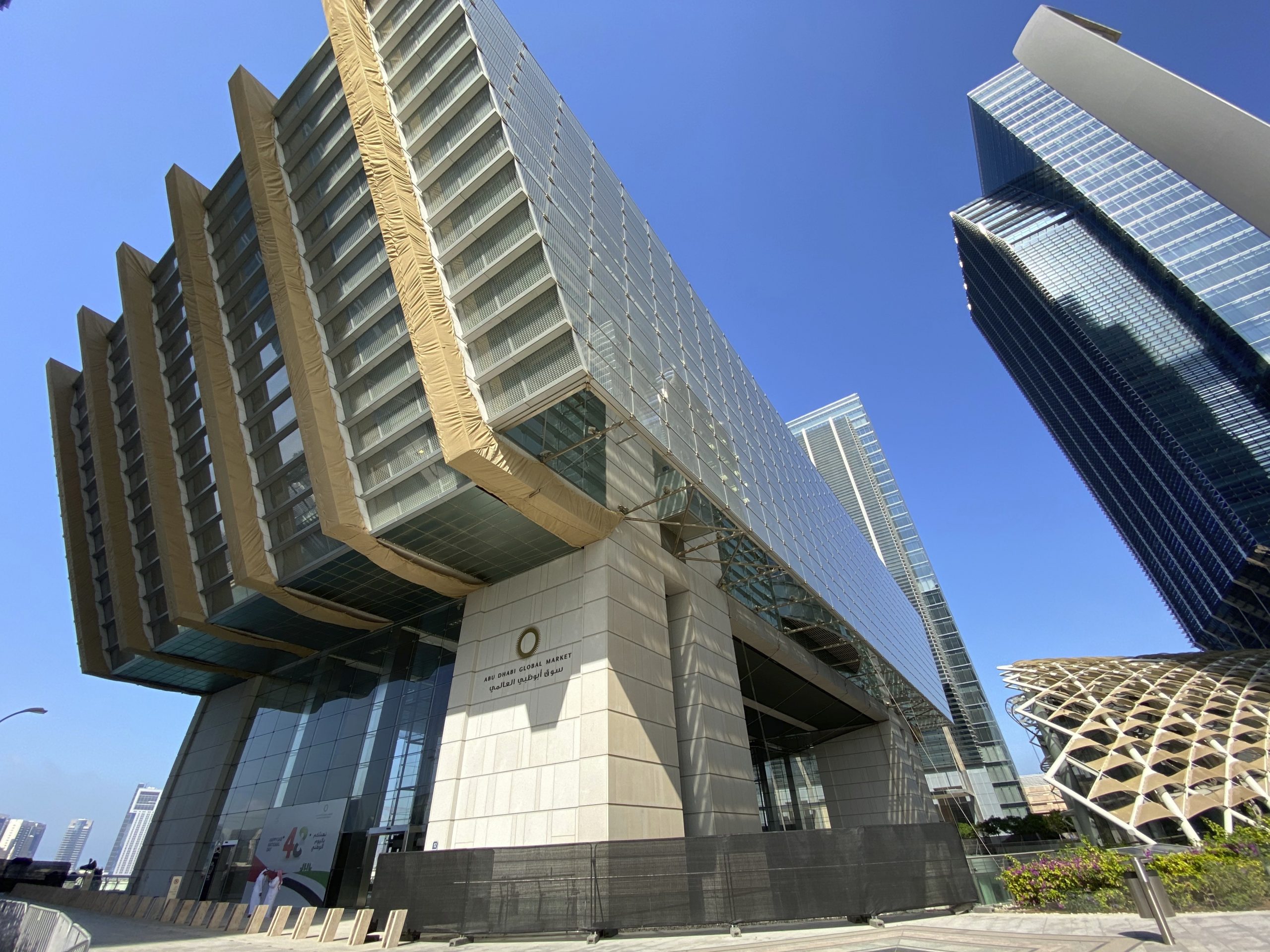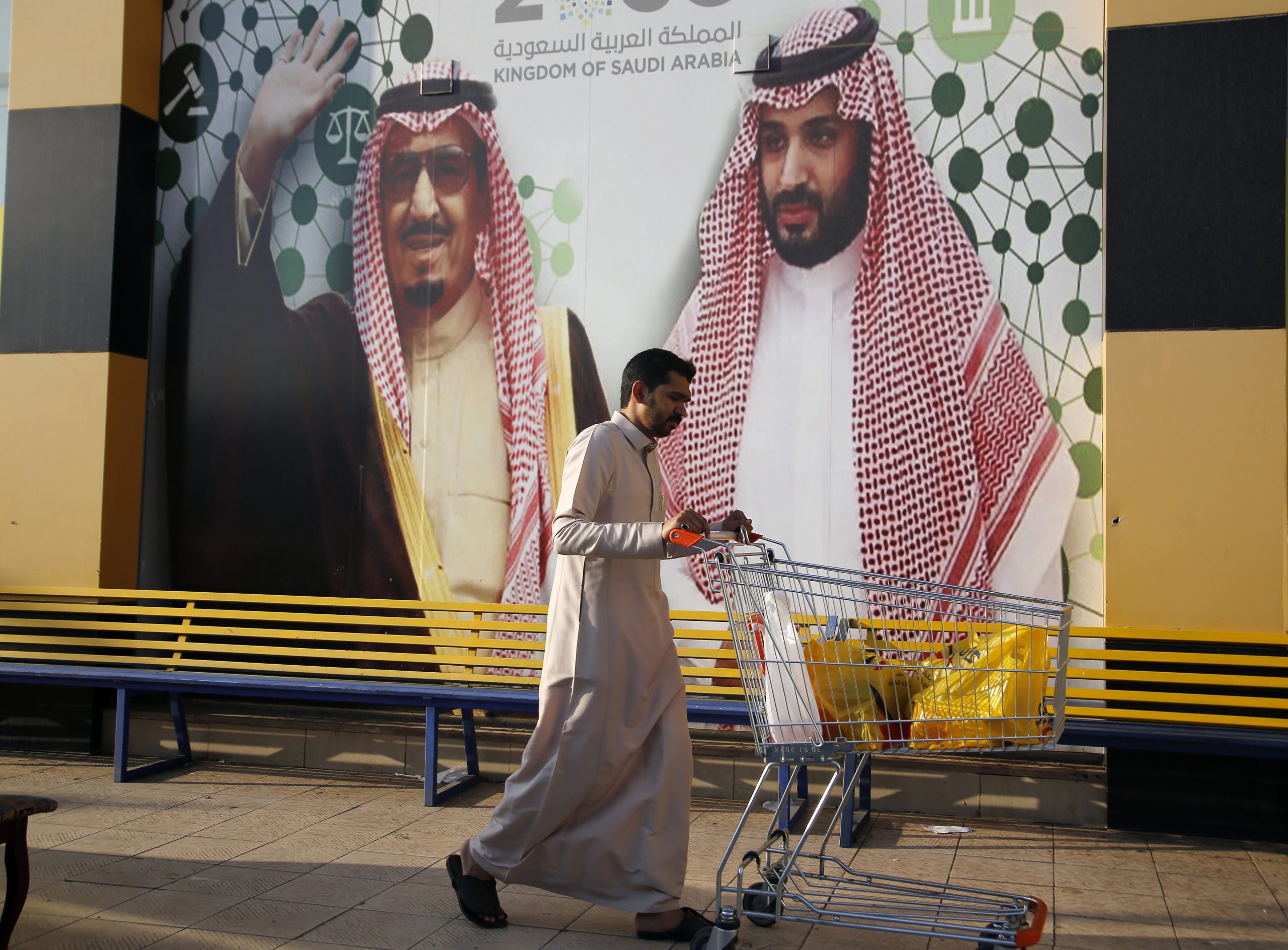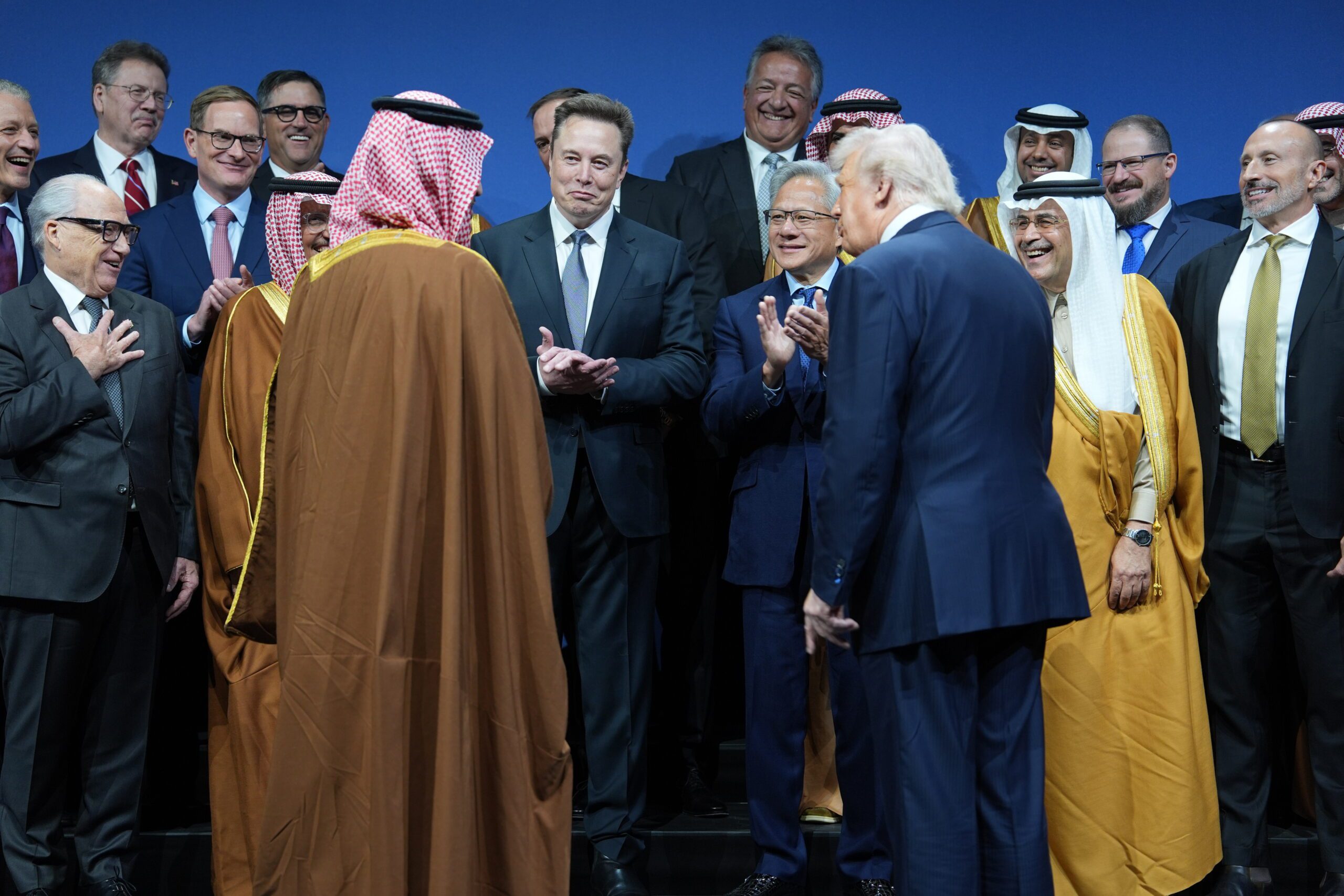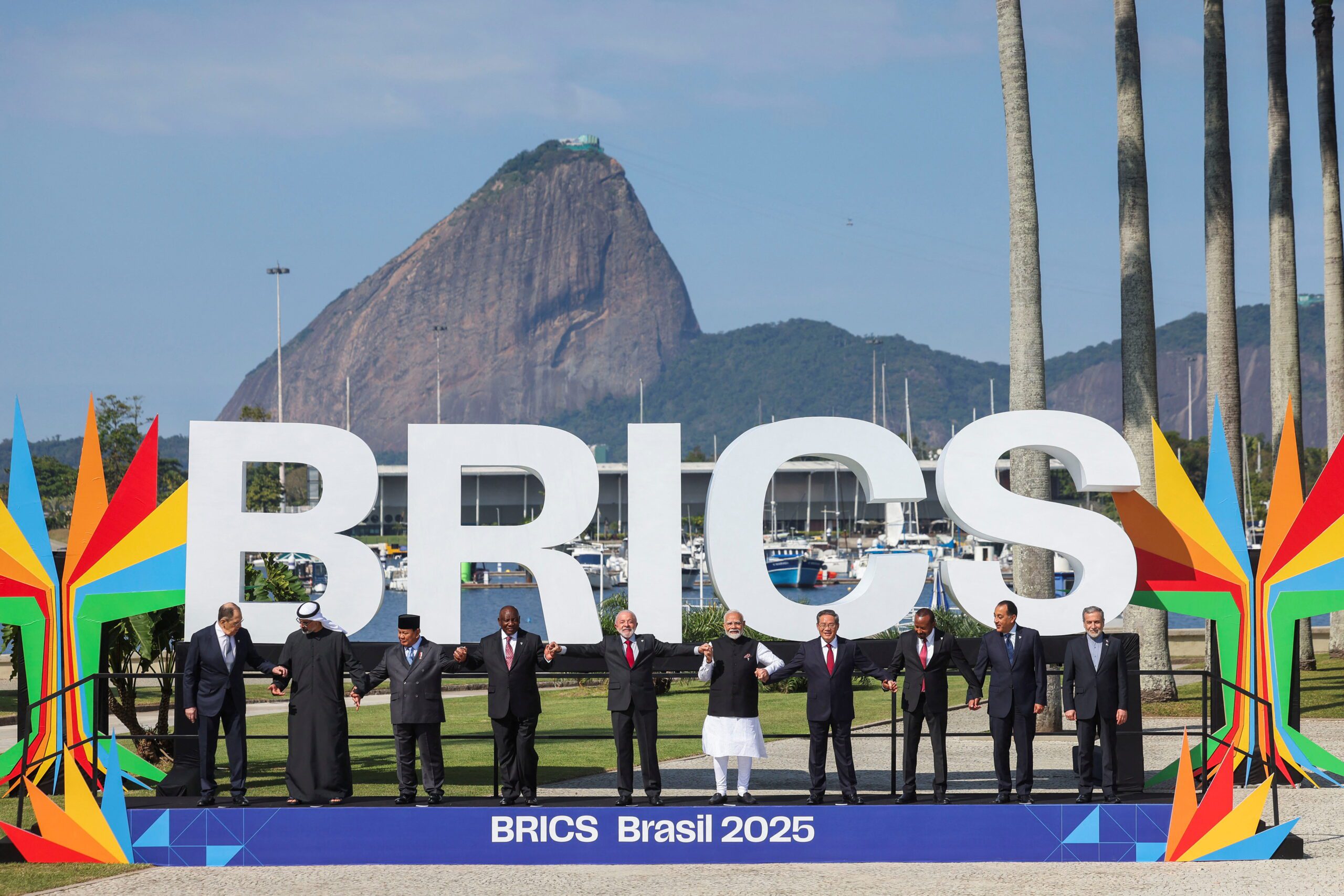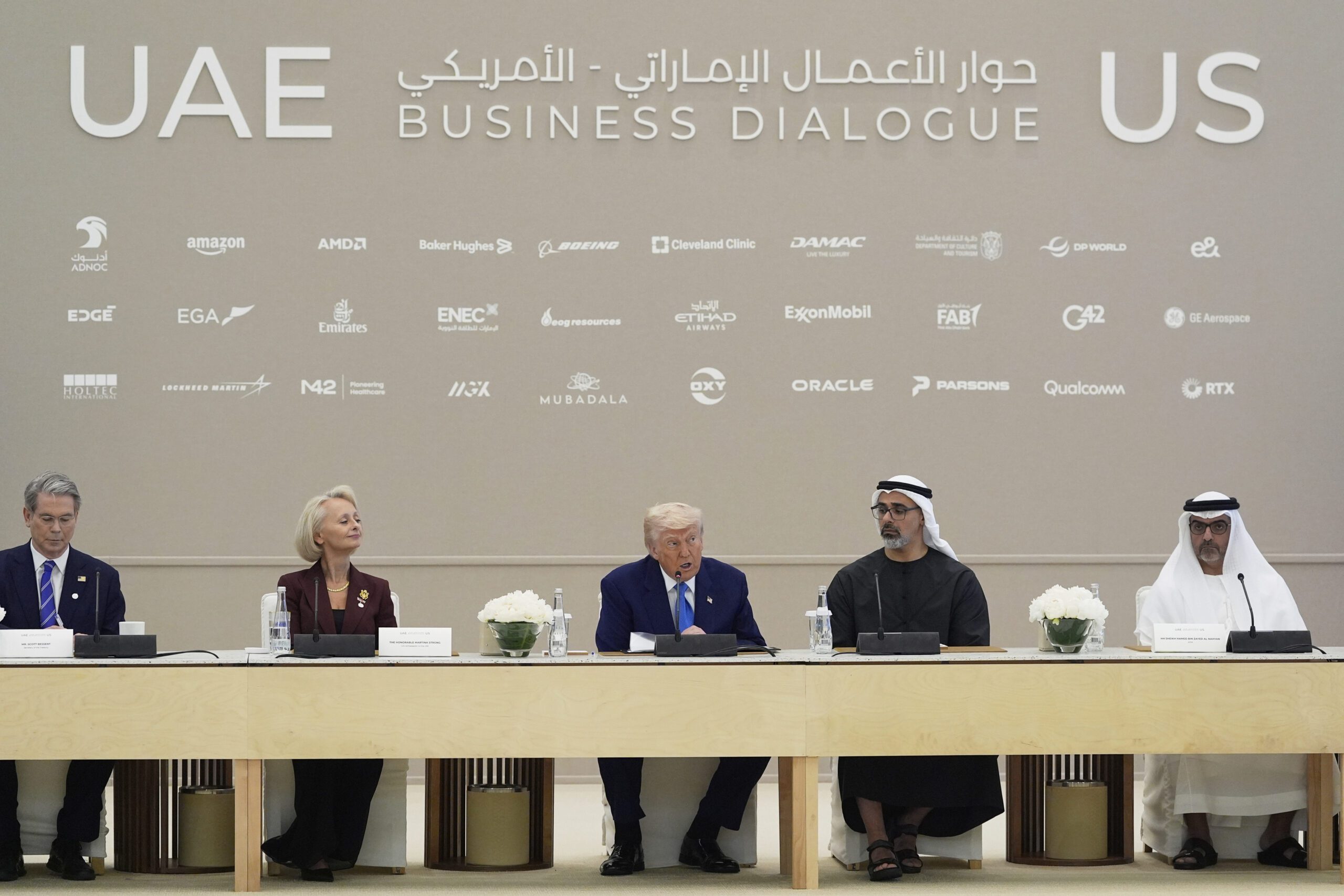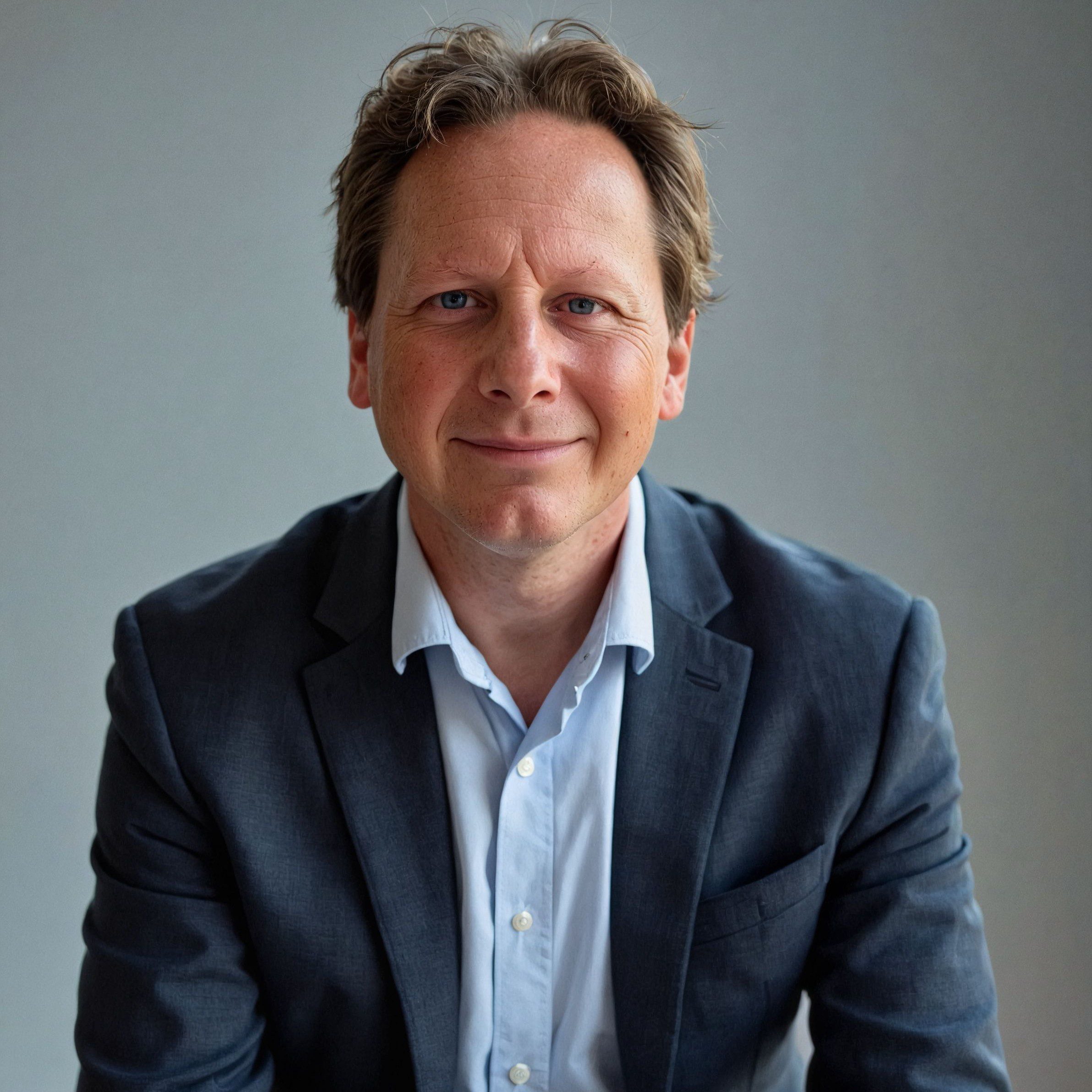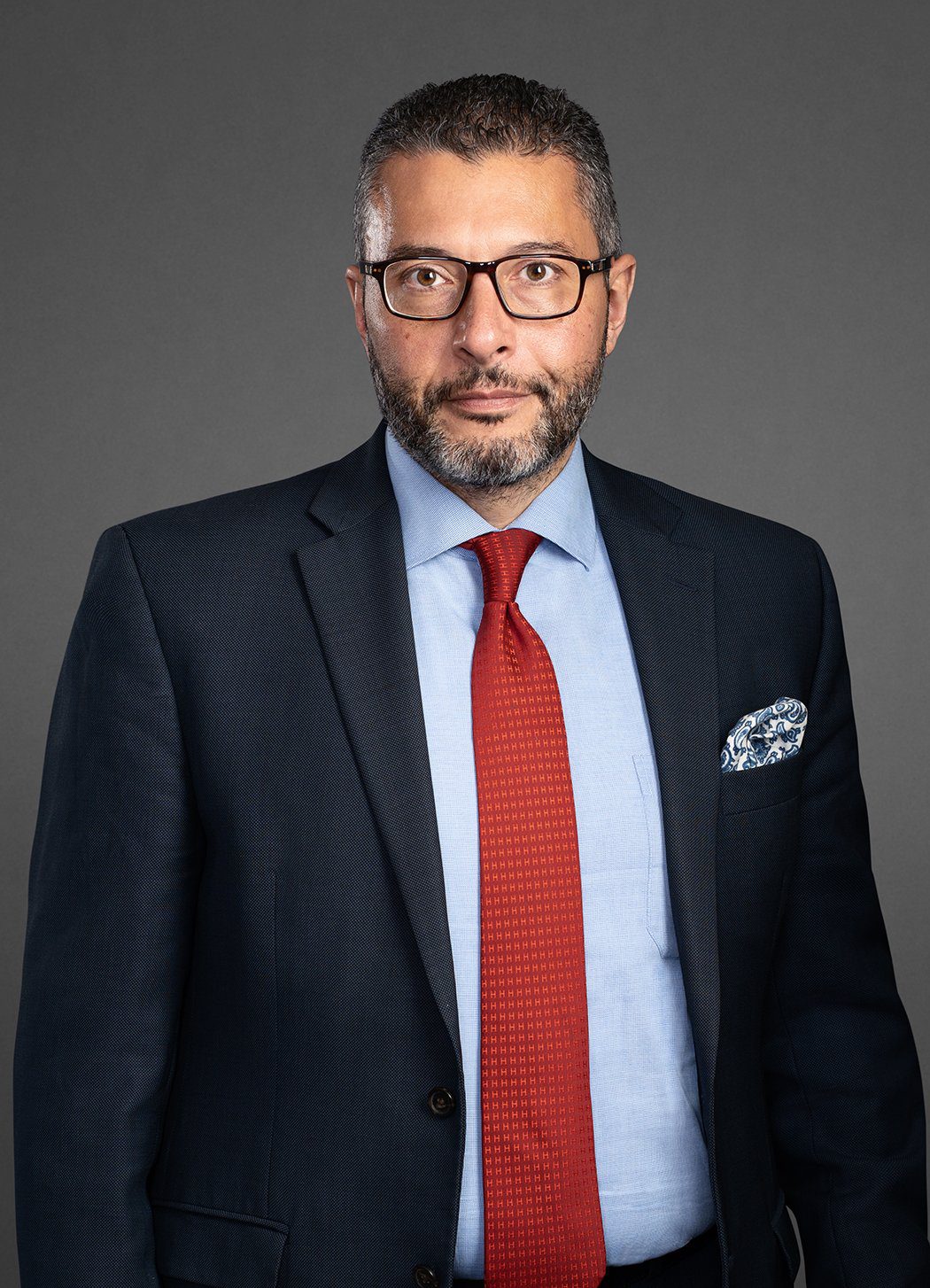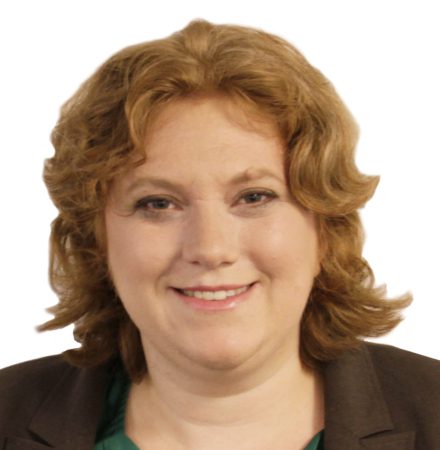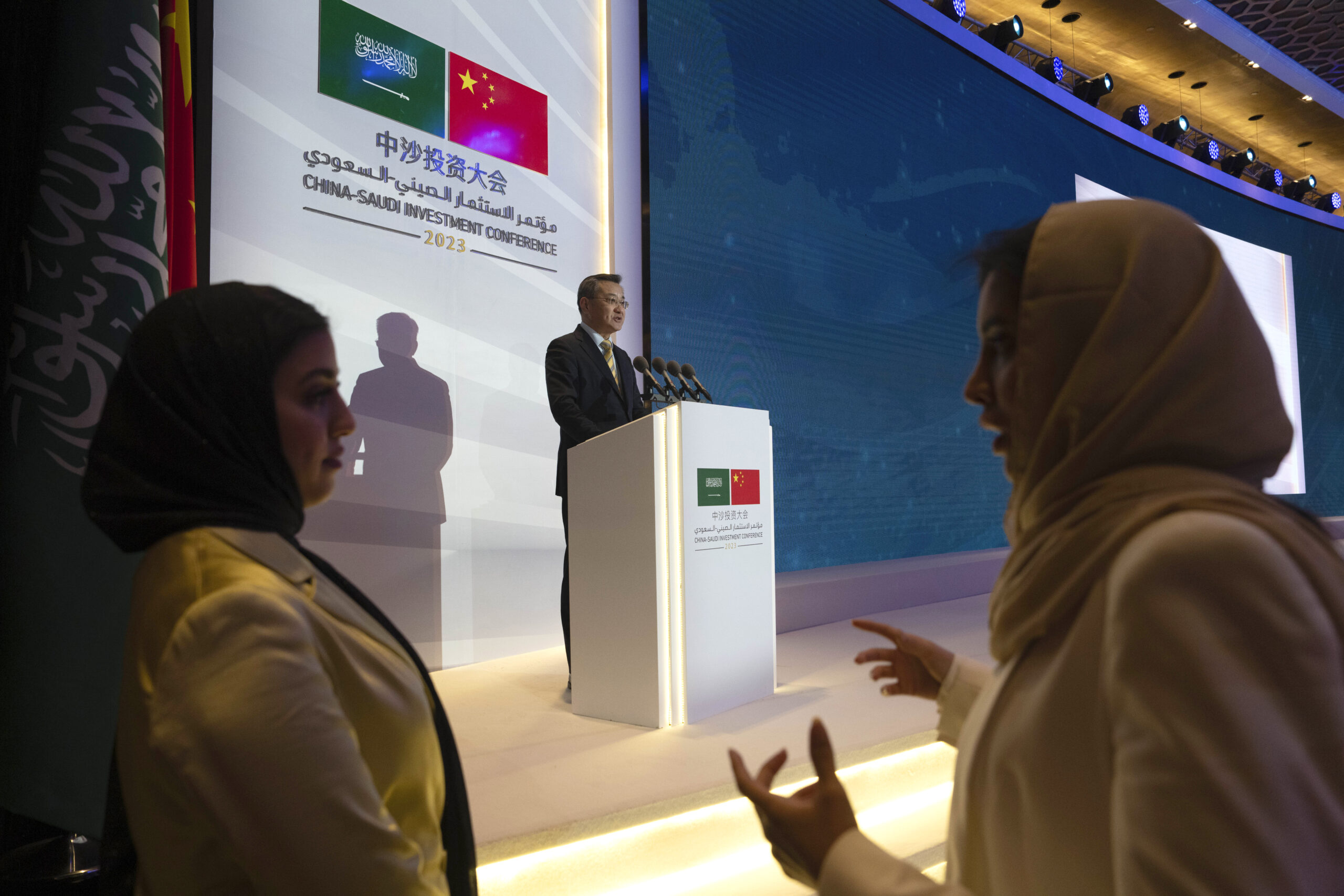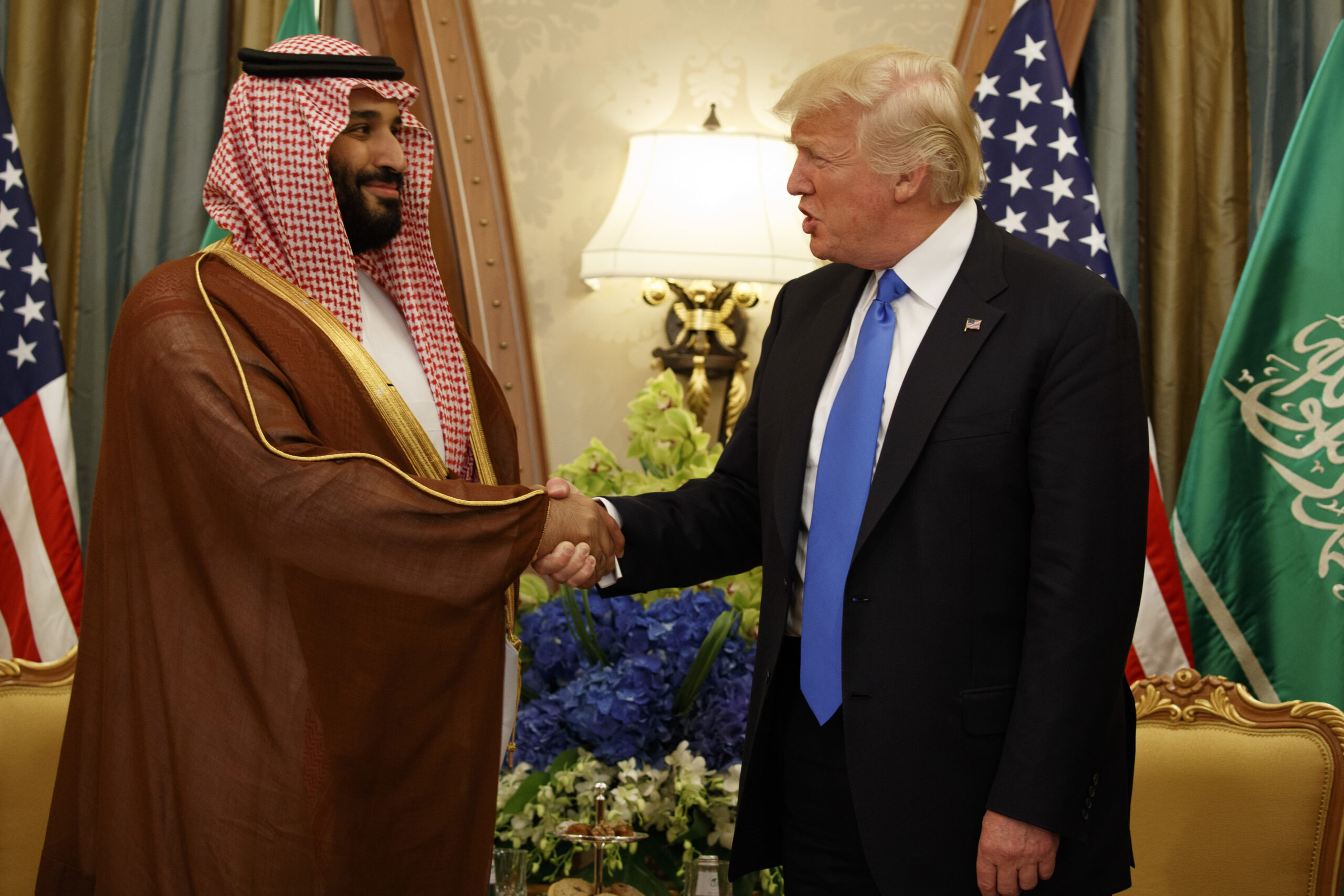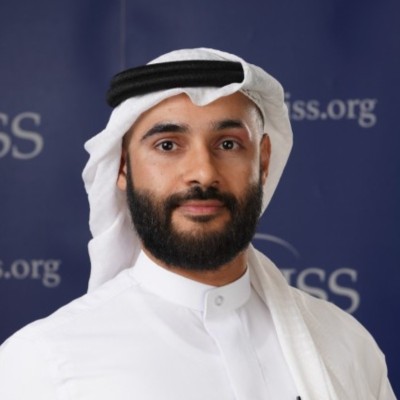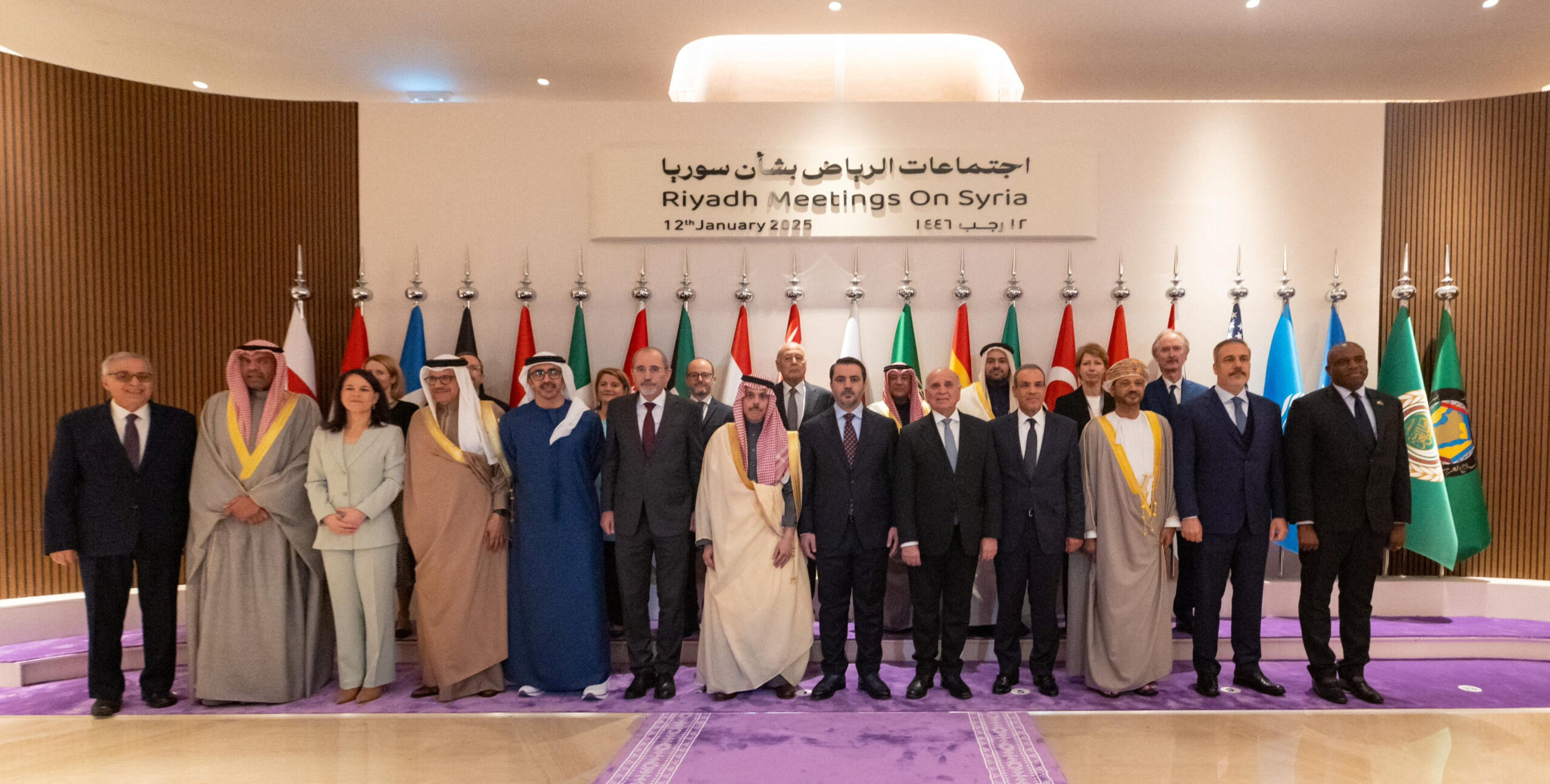Flexibility, Multifaceted Objectives Contribute to Persistence of Gulf Free Zones
Free zones are poised to remain central elements of the post-coronavirus economic recoveries in Gulf Arab states despite shocks impacting the broader business-oriented sector and ongoing commercial reforms.
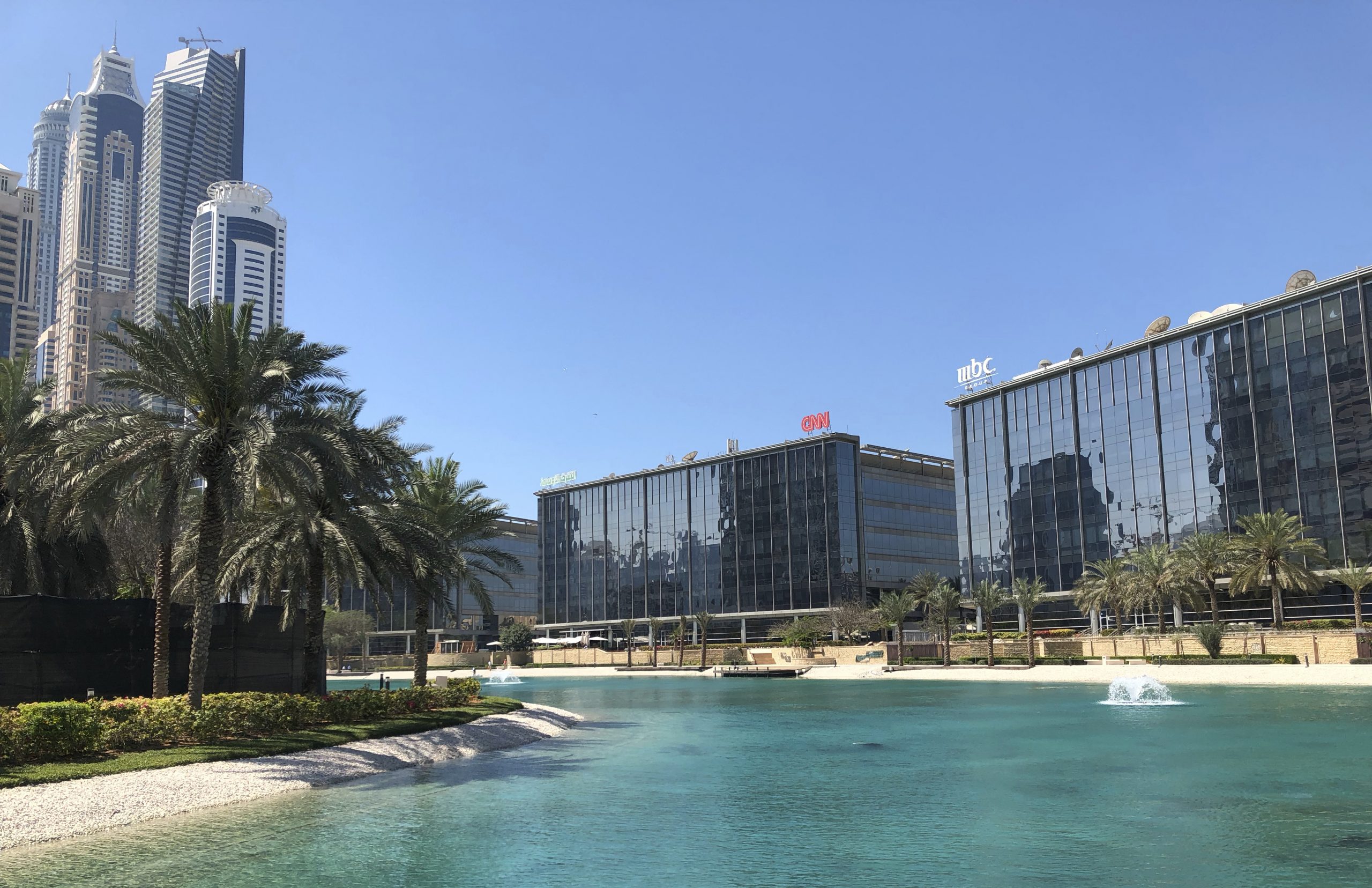
Free zones will be at the forefront of commercial activity as economic recovery efforts accelerate in Gulf Arab states in response to the ebbing of the coronavirus threat. The traditional objectives associated with free zones – designated commercial areas with eased local rules and regulations aimed to stimulate business activities – include boosting exports in strategic sectors, attracting foreign direct investment, and generating employment. Free zones provide an array of commercial incentives for global firms and investors.
Given coronavirus-induced economic downturns, wide-ranging budget cuts, and ongoing economic reform agendas across the region, the commercial pillars supporting free zones may seem to rest upon shaky ground. Yet the Gulf’s free zone systems are likely to weather such challenges and emerge with newfound resilience. Recent shocks have reinforced the significance of free zones as economic policy tools, and major regional developments reveal how governments use free zones to accomplish political and foreign policy objectives.
Free zones have served as key components of development strategies across the United Arab Emirates and other Gulf Arab countries for decades. Jebel Ali Free Zone – Dubai’s flagship entity – boasts that it sustains more than 135,000 jobs and accounts for approximately 28% of the emirate’s gross domestic product. DP World, which owns Jebel Ali Free Zone, is exploring the possibility of selling a stake in the free zone to cut the port operator’s debt – a reflection of the broad economic utility associated with Gulf free zones. In addition to Jebel Ali Free Zone, there are more than 40 operating free zones in the UAE alone. Other Gulf Arab countries also have free zones, although their respective systems are smaller and usually consist of a handful of prominent entities.
What are Free Zones?
Free zones are salient features of Gulf Arab states and their economies, but these trade and investment hubs are often understood only in a very narrow sense. The dearth of knowledge about the region’s free zone systems relates largely to the difficulty in defining these entities. Though free zones exist throughout the world, there is no universally accepted definition for them.
In the Gulf region, the three key defining characteristics of free zones revolve around foreign ownership, labor regulations, and taxes and other fees. First, free zone firms are able to maintain 100% foreign ownership of their ventures. Many foreign investors consider this policy, which officially circumvents stricter foreign ownership limits outside of free zones, the most significant benefit of registering in a free zone. Second, free zones place fewer regulations on foreign labor, in essence allowing foreign companies to avoid the often constraining, legally mandated government quotas for hiring (and promoting) local talent. While local citizens usually work as staff members within free zone bureaucracies, expatriates constitute the overwhelming majority of free zone firm workforces. Third, free zones provide exemptions from taxes and other fees, such as customs duties. The slow and uneven implementation of value-added taxes across the region has involved a complicated negotiation process with free zones. The G-7’s global corporate tax reform initiative signals further complications for Gulf free zones: Jebel Ali Free Zone, for example, offers 0% corporate tax for 50 years as a renewable concession.
Gulf Arab governments promote free zones as central pillars of economic diversification efforts, but, like the slow-moving processes of economic diversification, the actual track record for free zones in this regard is mixed. Gulf governments in countries lacking substantial hydrocarbon resources tended to establish free zones earlier and more often. Dubai and other northern emirates launched free zones in the 1980s, and the entities continue to operate today. In these hydrocarbon-scarce emirates and countries like Oman, free zones became useful entities for consolidating non-oil economic activities and marketing trade and investment opportunities to a global audience. The rapid growth and success of Dubai’s logistics, commodities trading, and media industries, for example, are hard to imagine without the free zones that incubated and supported them.
Governments with greater hydrocarbon resources, such as Qatar and Abu Dhabi, established free zones later, in the 2000s. Though economic diversification remains a key stated goal of the projects, these governments often employ free zones in a narrow, focused sense. The Qatar Science and Technology Park forms partnerships with industry-leading firms, while the Qatar Free Zones Authority aims to outfit the country’s airports and seaports with advanced technology. Masdar – a renewable energy-focused city and free zone in Abu Dhabi – is celebrating 15 years of operations geared toward becoming a global leader in renewables and sustainable technology.
Many observers consider the Gulf’s free zone systems as evidence of a thriving private sector. While the majority of free zone clients across the region are private sector firms, the free zone entities themselves are almost exclusively government owned. This contrasts with counterparts outside the Middle East and North Africa, where the majority of free zones are private entities. The limited instances in which Gulf Arab governments have sought to increase private ownership and management of free zones, as in Kuwait and Oman, have not been an overwhelming success. In addition, prestigious government-related entities often serve as anchor clients in Gulf free zones to demonstrate commitment from the government, and they provide a steady revenue stream and help attract new business.
The distinctive characteristics of Gulf labor markets likewise impact employment dynamics within free zones. Local citizens tend to hold positions in free zone bureaucracies. New free zones, regulatory authorities, and umbrella companies provide high-profile positions for established business elites to expand their influence or for aspiring professionals to increase their profiles. At the same time, expatriates disproportionately comprise the workforces of firms registered in free zones. This is especially the case in the UAE and Qatar, where there are few to no restrictions on hiring expatriate workers in free zones.
Competition Alongside Cooperation
Gulf governments often launch duplicate and overlapping development initiatives, and this extends to the region’s free zone system. There is an abundance of media and financial free zones across the Gulf, especially in the UAE. Abu Dhabi’s twofour54, a media free zone with ample funding, emerged amid a crowded media free zone subsystem. The need for a media hub in the capital emirate was a convincing justification for twofour54’s establishment and launch in 2007-08, but officials from other emirates worried that the added competition would hamper their ability to generate non-oil revenue in the media sphere.
A lack of horizonal cooperation among the region’s free zones has made it more difficult to manage competitive dynamics. For example, within the UAE’s free zone system, various emirates jockey for competitive advantage in a sector dominated by Dubai. Individual emirates have sought to improve collaboration among their free zones. The Dubai Free Zone Council is one example of a cooperative mechanism for free zones located in the emirate of Dubai, and the council was responsible for rolling out a coronavirus relief package in 2020. On May 11, Abu Dhabi also announced the establishment of a council to review free zone regulations and create a database for free zone firms in Abu Dhabi.
Governments in other Gulf Arab countries have shuffled free zones among various umbrella organizations and governmental departments. In many cases, these changes follow the rise of new political leadership. After assuming power in Oman, Sultan Haitham bin Tariq al-Said established the Public Authority for Special Economic Zones and Free Zones, which absorbed the Special Economic Zone Authority at Duqm, one of the country’s high-profile but slow-moving megaprojects. The Qatari government created the Qatar Free Zones Authority in 2018 and relocated two entities adjoining the new seaport and airport – previously considered special economic zones – under the new authority. A 2019 royal mandate expanded the purview of Saudi Arabia’s Economic Cities and Special Zones Authority – originally created in 2010 to oversee economic cities – to include economic zones. The Saudi Ministry of Investment, established by royal decree in February 2020, announced plans for 20 new special economic zones with investor-friendly regulatory environments at the January 2021 Future Investment Initiative summit in Riyadh.
Government officials can employ free zone statuses to enhance the commercial attractiveness of new and existing initiatives. The high-profile Neom project in northwestern Saudi Arabia showcases free zone characteristics. Though Kuwait’s Silk City and related northern islands’ development schemes remain in the conceptual stages, they also include free zone elements.
Political and Foreign Policy Dimensions
Gulf officials have also leveraged free zones to advance foreign policy objectives. In the wake of the agreement between the UAE and Israel to normalize relations, many of the newly formalized commercial linkages occurred with and among Gulf free zones. The 25-year China-Iran Strategic Cooperation Agreement signed on March 26 includes plans for Chinese investment in Iranian free zones. Saudi Arabia’s early project plans for Neom called for subsuming Egyptian and Jordanian territories into a broader transnational economic zone; however, the project’s extraterritorial dimensions have yet to materialize in a substantive manner.
There are concerns that free zones enable various forms of illicit activities. An Organization for Economic Cooperation and Development report found that the introduction of one new export processing zone – one type of free zone – into an economy increased counterfeiting by 5.9% on average. Moreover, various free zones with independent regulatory authorities can make a location an attractive destination for trade-based money laundering and other illicit financial flows.
Rather than view free zones as inherently problematic, many Gulf officials and other professionals working in this sphere consider these entities an important frontline of defense against such illicit activities. The Dubai-based World Free Zones Organization’s annual conference in June promoted free zones as an “engine of safety and compliance,” and the organization suggests that “the constant glare of regulators and policymakers … gives FZs a phenomenal opportunity to lead the paradigm of safety and compliance.” Over time, the availability of more data and new studies can help to better clarify how free zones enable illicit behavior or discourage it.
Reforms to foreign ownership rules, local labor regulations, and taxes threaten to diminish the impact of commercial incentives traditionally offered by free zones. The implementation of new legal regulations expanding the permissibility of foreign ownership in the UAE is a prime case. Yet free zones afford governments flexibility and maneuverability to safely navigate the messy process of economic reform. For example, stricter workforce nationalization requirements in the traditional economy can be offset by laxer labor regulations within free zones.
Over the coming years, there is likely to be divergence in the development trajectories of the region’s free zones. Free zones in the UAE and Qatar – where governments oversee substantial financial resources and smaller ratios of citizens to total residents – can offer global investors attractive propositions and actively support the development of various strategic industries. Free zones in other Gulf Arab countries may focus on a smaller number of niche industries. But across the region, flexibility and multipurpose utility will be the key traits of successful free zones.
The views represented herein are the author's or speaker's own and do not necessarily reflect the views of AGSI, its staff, or its board of directors.

